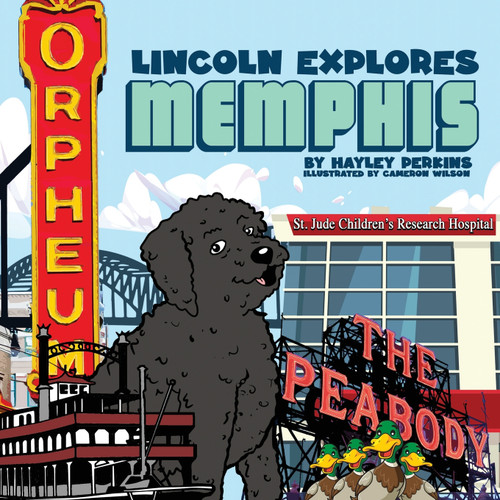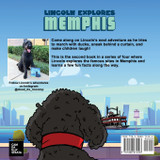Despite the literally thousands of books that have been written about Abraham Lincoln, he continues to fascinate. In part this is because he remains something of an enigma who occupies a position somewhere between Carl Sandberg's mythical hero and the skepticism of modern critics who judge his 19th century remarks by 21st century sensibilities. Then, too, Lincoln's tragically abbreviated life encompassed America's most traumatic war and its most decisive national transformation, much of which he not only presided over, but helped to engineer. In this collection of essays about Lincoln and the war, sixteen American scholars seek to cast new light on key aspects of Lincoln's life, and especially on his tenure as president. At root, Lincoln was a politician. Though succeeding generations have sought to elevate him above mere politics, the political game was Lincoln's lifeblood, and he was a master at it. William Harris, Walter Stahr, and Harold Holzer each use a slightly different prism to examine Lincoln as a politician. Harris shows us a Lincoln who was anything but a passive candidate in 1860. Despite a tradition that "the office seeks the man," Lincoln was an active player in nearly all of the political horse trading that took place both before the Chicago convention that nominated him, and during the election campaign that followed. Walter Stahr, who is Seward's biographer, illuminates the Lincoln-Seward relationship, and shows how despite Seward's initial disappointment he came to be both Lincoln's champion and his strong right arm. Harold Holzer exposes the complex relationship Lincoln had with New York State politics, revealing again Lincoln's subtlety and deftness in managing difficult political issues as well as personalities. But Lincoln was not only a politicians, however deft and subtle, he was also a Commander-in-Chief during America's greatest war. A man with no military experience aside from a short stint as an Illinois militiaman during the Black Hawk War in the 1830s, Lincoln as president had to manage armies of unprecedented size. In his essay, John Marszalek profiles both the tiny professional "Old Army" that existed before 1861, and the much larger, and much different, wartime army that emerged during the war. Lincoln might well have been happy to let the experts (that is, the generals) manage the war, but he learned almost at once that professional training did not ensure a steady and reliable temperament. That certainly included George McClellan, and John Waugh explores the Lincoln-McClellan relationship that was at the center of the civil-military debate not only at the time, but in the years since. Then, too, while the war was primarily a land war, Lincoln also had to manage the greatly enlarged navy that grew from forty-two ships at the outset of the war to 671 by Appomattox. As Craig Symonds shows in his essay, Lincoln had a steep learning curve in his management of the navy, though in this, as in most things, he demonstrated an astonishing capacity to adapt and adjust. The single largest issue Lincoln had to deal with during the war, or indeed during his life, was slavery. Eric Foner and Richard Striner explore Lincoln's developing attitude toward the Peculiar Institution, and Foner in particular shows how Lincoln's views matured and shifted during the course of the war. Initially willing to consider a very gradual and compensated emancipation--even overseas colonization, Lincoln saw that the momentum of war, indeed of history itself, made possible a more revolutionary approach that led him to emancipation and a new understanding of race. Amanda Foreman, historian of British views of the American Civil War, addresses the issue of how much Lincoln's emerging emancipation policy was crafted with half an eye on the impact it was likely to have overseas. Lincoln's personal life is not overlooked. Former Rhode Island Supreme Court Chief Justice Frank Williams discusses whether Lincoln the lawyer would have succeeded had he chosen to become a judge rather than a politician. Among the many enigmatic aspects of Lincoln's private life was his relationship with his wife, Mary. Many of Lincoln's admirers have tended to find fault with Mary Lincoln who, in their view, only added to his burdens as president. That is by no means a universal view, however, and Jason Emerson helps bring new clarity to the discussion by revealing what he discovered in a trove of long-lost letters that illuminate Mary Lincoln's views and state of mind, especially in the years after her husband's death. Several essays focus on the shifting culture of America in the 1860s--and in particularly shifting concepts of nationalism, patriotism, and loyalty. Michael Klein re-examines the evidence concerning the presumed plot to kill or kidnap Lincoln as he passed through Baltimore on his way to Washington in 1861. William C. "Jack" Davis, one of America's most prolific scholars of the Civil War, addresses the question of loyalty and treason in assessing decisions made by Jefferson Davis and Robert E. Lee. Barnet Schecter re-visits the New York City draft riots to investigate a possible connection between the battle at Gettysburg and the outbreak of violence in New York. And finally, no aspect of the war had a great impact on the country than the unprecedented loss of life--some three quarters of a million men lost their lives in America's bloodiest war. In a moving and revealing essay, John Stauffer explores the origins and legacy of Julia Ward Howe's Battle Hymn of the Republic to show how it grew out of the culture and values of wartime America. And Catherine Clinton discusses the social, cultural, and even psychological impact of those hundreds of thousands of deaths--many of the battlefield, but many more in the pestilential camps--on the citizens of the United States in the 19th century, both collectively and individually.


